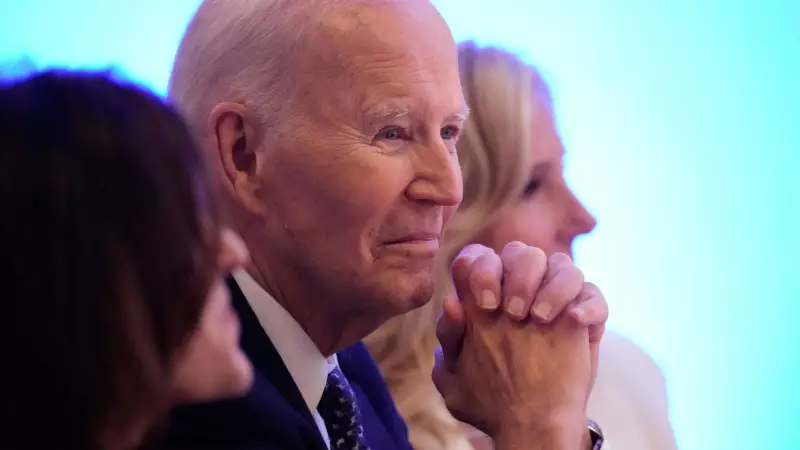
In a dramatic escalation of political tensions, House Republicans have launched a fresh offensive against President Joe Biden, demanding the Justice Department initiate a comprehensive investigation into his use of an autopen device for signing crucial legislation.
The Constitutional Confrontation
The controversy centers around President Biden's deployment of an autopen—a mechanical device that replicates signatures—to enact bills into law during his international travels. Republican lawmakers argue this practice raises serious constitutional questions about the validity of such legislation and whether it meets the strict requirements of the Constitution's Presentation Clause.
According to a detailed report circulated among Republican circles and obtained by media outlets, the lawmakers have compiled substantial evidence questioning the legality of this method. They contend that the Founding Fathers intended for presidents to physically sign bills, creating what they call a "sacred constitutional moment" that shouldn't be delegated to machines.
Historical Precedent vs. Modern Practice
While previous administrations, including those of George W. Bush, Barack Obama, and Donald Trump, have occasionally used autopen devices for routine documents, Republicans assert that Biden's use for significant legislation crosses a constitutional red line. The current administration defends the practice as necessary for maintaining governance during foreign engagements and cites legal opinions supporting its validity.
The Republican memorandum specifically highlights several bills they believe required the President's physical signature, arguing that the autopen usage creates potential legal vulnerabilities for these laws.
Legal Experts Weigh In
Constitutional scholars remain divided on the issue. Some legal experts maintain that the Constitution doesn't specify the method of signing, only that the President must approve and sign legislation. Others argue that the historical context and intent clearly point toward physical signature requirements.
The timing of this confrontation is particularly significant, coming amid heightened political polarization and with crucial legislation pending in Congress. The outcome of this investigation demand could set important precedents for how future presidents conduct official business while traveling abroad.
What Happens Next?
The Justice Department now faces mounting pressure to respond to the Republican demands. Legal observers suggest the department will likely reaffirm previous administrations' positions supporting autopen use, but the political ramifications could extend far beyond the legal technicalities.
This development represents another front in the ongoing battle between the executive and legislative branches, with constitutional interpretation and presidential authority at the heart of the dispute. As both sides dig in their positions, the American public watches closely, aware that the outcome could reshape the balance of power between government branches for years to come.





